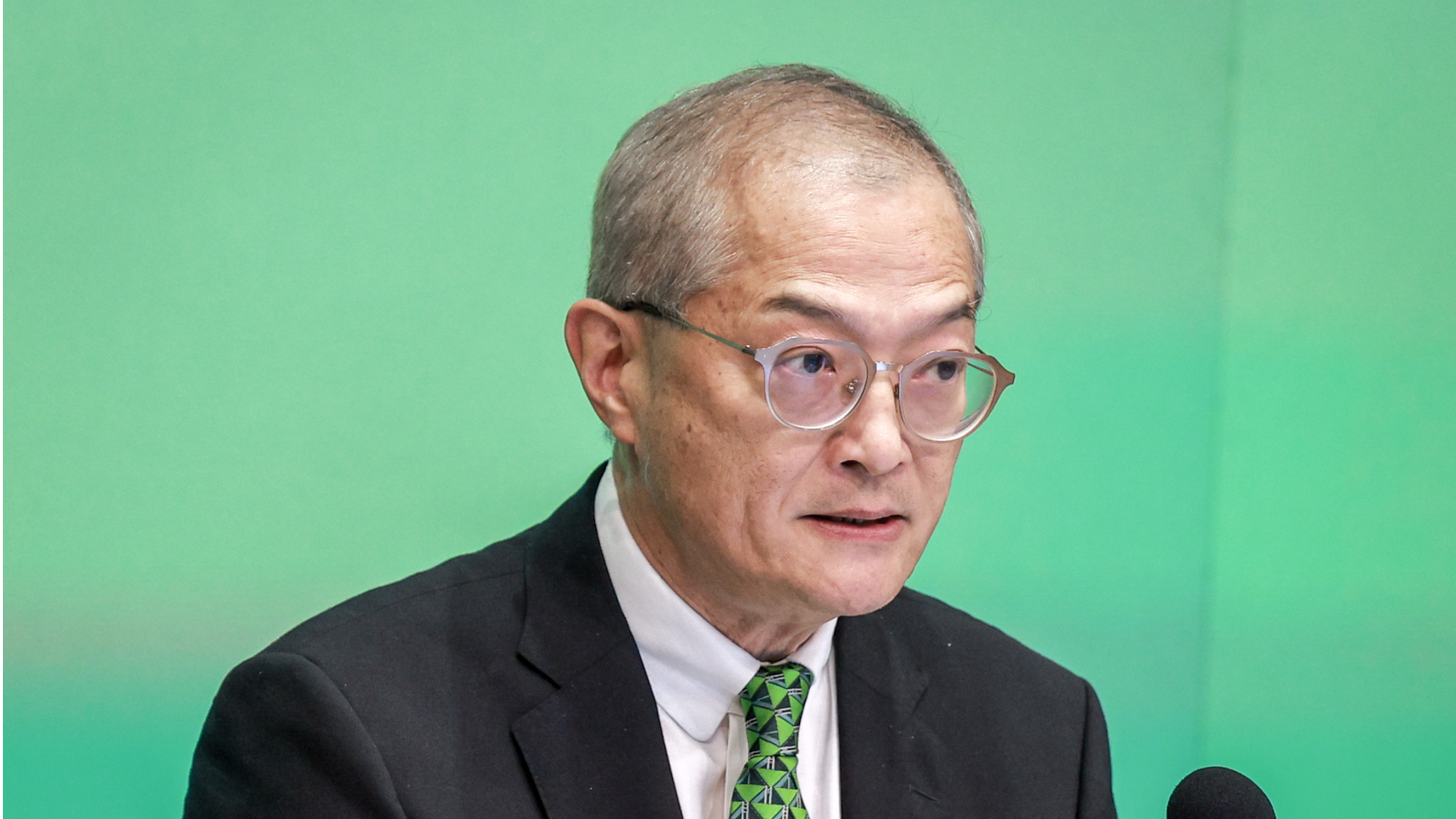
Hong Kong is rolling out three new cancer screening programs that will target at least 300,000 residents, particularly those with hepatitis B, the most common cause of liver cancer in the city, Secretary for Health Lo Chung-mau said on Sunday.
Speaking to reporters, Lo said Chief Executive John Lee Ka-chiu had announced in his policy address new cancer screening programs, including one that will use artificial intelligence to screen lung cancer, one for hepatitis B, and another for the human papillomavirus, which can cause cervical cancer.
“These are the three programs we will be rolling out in addition to the existing ones for (colorectal) cancer, breast cancer and cervical cancer screenings,” Lo said.
ALSO READ: HK to fast-track new-drug approvals
“For hepatitis B carriers, among the chronic carriers, we have roughly estimated that there are about 700,000 family members, and roughly about 40 percent are eligible for screening, so we will be looking at the region of about 300,000 people,” he added.
Lo said they intend to incorporate hepatitis B screening in the existing Chronic Disease Co-Care Pilot Scheme, which currently targets patients with hypertension or diabetes.
Co-care subsidy
“We will be using the same platform and the same kind of model for co-care, and following the same situation. The percentage of subsidy of co-care will be roughly in ‘half-half’, that is the concept we are going forward,” he said.
He said the screening program will be implemented by phases, and will initially target the high-risk population of residents who were not vaccinated against hepatitis B and are chronic carriers of the virus.
READ MORE: New technologies in GBA offer safer treatment for cancer patients
Lo said there would also be an individual cancer screening program to be commissioned with a university that will target those with a family history of lung cancer, adding that there has been a “more recent recent rising incidence of adenocarcinoma of the lung”.
“We will identify high-risk groups for screening, and it will be a commissioned project, which we will start likely at the beginning of 2026,” he said.


